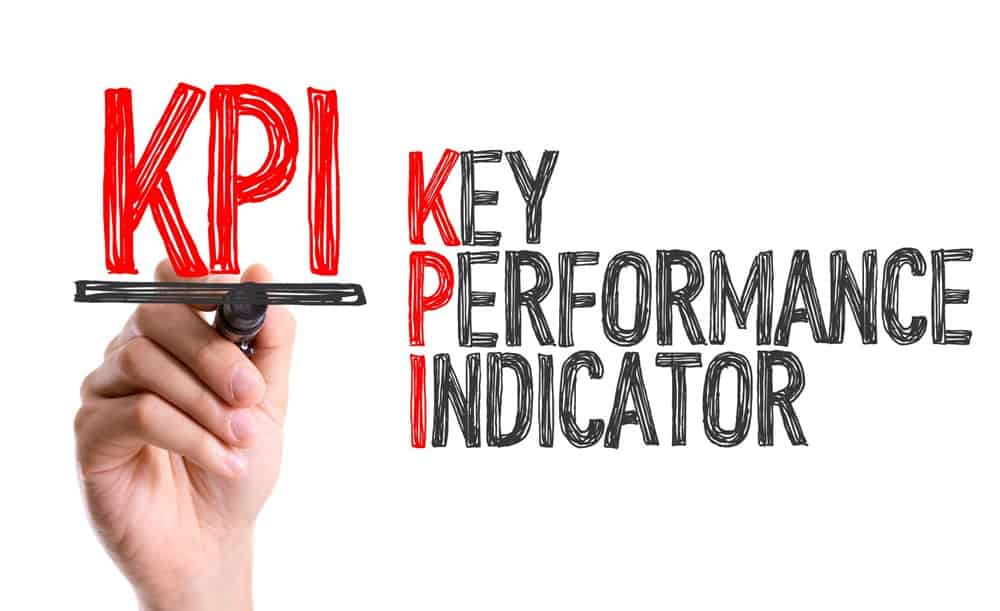The Values of KPI
Author: Nur Dalila Ismail (Management Consultant)

Measure KPI
How does a business owner really know how well they are performing in various areas of their business? What criteria do they use to figure this out? How do they know what to really look for to measure success? What does success look like?
These are all good questions that many business owners face. In order to answer them, they use KPIs. Sounds simple enough, but many business owners either do not use them, don’t even know about them, or have some of them but don’t track and analyze them.
Let’s get a decent understanding of what KPI’s are and why do you need them for your business.
KPIs Definition
KPI stands for “Key Performance Indicator.” Wikipedia describes KPIs as, “a type of performance measurement. An organisation may use KPIs to evaluate its success, or to evaluate the success of a particular activity in which it is engaged.”
Why do we need KPI?
-
Strengthen employee morale
Tracking KPIs can be about acknowledging employees’ hard work and securing their feeling of accountability and responsibility. Employees will feel that there are a sense of ownership in their work and recognisable evidence of their contribution to the team. Besides, employees are more likely to push themselves and receive more satisfaction from a job when they feel responsible for their own KPIs. These will become a good culture in the organisation that motivates the employee to do the best on their works, achieved their goal and contribute to their organisation growth.
-
Journey to achieve business objectives
Most businesses set strategic goals they desire to achieve. One way to measure an organisation’s progress toward achieving these goals is to use key performance indicators. KPIs are important to business objectives because they keep objectives at the forefront of decision making. It’s crucial that business objectives are well communicated across an organisation, so when people know and are responsible for their own KPIs, it ensures that the business’s overarching goals are top of mind. KPIs also ensure that performance is measured not blindly in pursuit of the KPI but in relation to the larger business objectives. This means that every part of work is done with intentionality and for the right purpose.
-
Foster personal growth and promote learning atmosphere
The act of measuring KPI promotes an atmosphere of learning in an organisation. Not every KPI will reach their targets. But monitoring performance against those targets, be it good or bad, creates an environment of learning. With KPIs, teams are able to see exactly how they are performing at any given moment. They didn’t need to wait for the end of a quarter or project to tabulate the results. This makes learning from successes and failures a daily (rather than weekly or monthly) activity. Allowing employees to monitor their performance and respond in the moment means that they are more likely to achieve their goals and better understand how to do so in the future. This sense of continuous improvement allows people to achieve far more than they might think, which is essential for workplace satisfaction and continued personal growth.
-
Monitoring Overall Performance
KPIs provide business owners with an immediate snapshot of the overall performance of their business. In today’s competitive business environment, it becomes highly important for the owner to have real-time data concerning the health of his business. The business owner should measure and track the key performance indicators crucial to the success of his organization. These important KPIs provide vital decision-making information.






